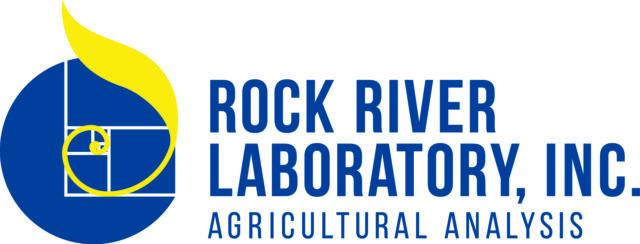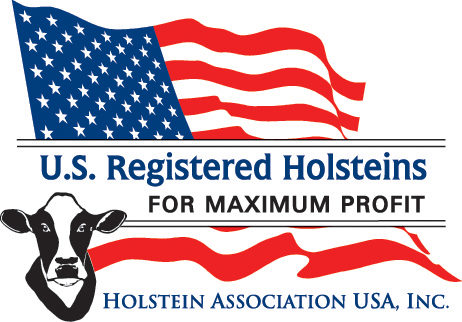When I was little, I sat on the armrest of the tractor while my father ran the TMR mixer. I asked him many things throughout the course of my childhood, but one of the questions I returned to the most was, “Why don’t farmers protest low milk prices?”
Most of the time I was given the “Take Care of Your Own Corner” speech. Its conclusion was that sometimes the only choice you have is to do the best you can with what you have. It often left me staring at the tractor’s wheel through the dusty window, disappointed.
Years later, I wrote a paper for a college class on the state of dairy farming. I contacted over 50 economists, professors, magazine editors and others on the peripheral of the industry who did not farm. Only two agreed that change was required. They had no suggestions.
The year 2009 brought a world collapse of the dairy industry that was unparalleled in recent history. Low farmgate prices in one country could no longer be blamed on the export practices of another.
Farmers across the globe received half the payments for their milk that they had the year before, often below the cost of production. Farmers responded in kind.
The end of June 2009 brought a second strike by nearly 2,000 Czech dairy farmers. Organized by Jan Veleba, the president of the Czech Agrarian Chamber, 200 tractors closed 20 highways across the country, immobilizing the republic’s highway system.
Milk fell from nine crowns per liter to six, a situation farmers held against their Ministry of Agriculture. They demanded a minimum purchase price for their milk and threatened to take over the warehouses of retail chains if left unsatisfied.
A month later, Belgian farmers brought similar anger to the doorstep of Mariann Fischer Boel, EU Agriculture Commissioner. EU milk fell from 40 eurocents per liter to an average of 20 eurocents, forcing many farmers to sell milk below the cost of production.
Farmers drove tractors up to the riot police, who stood behind barbed wire and were armed with water cannons on all roads leading to the EU headquarters. Farmers asked Boel to raise production limits and lessen market supply, a practice the EU is drifting from as they phase out milk quotas by 2015.
Boel denied their request. Instead, she recommended that the government promote the culling of large dairy herds to reduce overall production, a practice similar to the Cooperatives Working Together program in the U.S.
A Bulgarian media site reported that the Bulgarian government failed to pay their farmers the subsidies owed from April to July 2008. On August 13, farmers protested in Sofia and gave the Agriculture Ministry one week to even up.
One week later the Shipka mountain pass, the main thoroughfare between the northern and southern halves of the country, was closed. Strikes spread across the country and were joined by their Romanian neighbors.
One road had 400 liters of goat milk spilled over it. The farmers vowed to protest every week until the payments were made.
Every country had its reports of campaigning dairymen. Canadian farmers pulled their tractors in front of Parliament Hill several times and demanded that Prime Minister Stephen Harper take immediate action. Some never left the first protest.
In Limerick, Ireland, 50 irate farmers swarmed Minister Willie O’Dea’s car. Members of the Irish Farmers Association, they raised their objection to cutbacks and the cancellation of necessary rural funding. They banged on the minister’s door and demanded that he answer to them.
Weeks later, a protest was staged in Athlone. “There’s a lot of anger here,” IFA representative Barry Donnelly said at the scene of the demonstration. “Irish farmers feel their government has turned their back on them. Civil servants are protecting their own paychecks while the farmer is left out.”
They called for the cuts to be reversed and promised further strikes.
Meanwhile, in the U.S. there were no riots. No roads were closed or politicians browbeaten, and I am aware of few dumping their milk.
There were, however, ideas being expressed for the first time in many years. Proposals like the Federal Milk Marketing Improvement Act that came out of Pennsylvania were being discussed, debated and fought for in legislation. The American dairy industry believed in change.
The world collapse in 2009 bred a new, angry dairy farmer. The farmer that quietly shook his head from his place at the bottom could suddenly be found in the street, shaking his fist.
Two years later, the Czech highways are clear, the Shipka mountain pass no longer smells like spoiled milk and Willie O’Dea drives around the center of Ireland, presumably unbothered.
Now, this same farmer must decide what it was all for. If reform does not come from the events of the last few years, then we are left with the sober realization that the state of the dairy industry can get as bad as it did, and that people can stand in the face of it, and still nothing will happen.
It would not only be an effort lost, but final proof that the extent of our countervailing power is to do the best we can in taking care of our own corner. And it would be the corner, politically, in which we would be fated to remain. PD

-
Ryan Dennis
- Columnist
- Email Ryan Dennis





